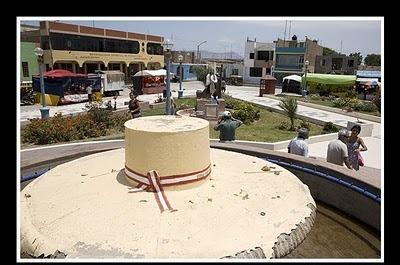Eten, Lambayeque, Peru
Suggest Place to Visit
2236
Track to location with GPS |
 |
According to the oral tradition of Buenos Aires, they tell us that the first came from the sea headed by a young married couple, in which the woman stood out for her gift of command and for her physical features that differed from the others, remaining in the Buenos Aires tradition. Like the Sirena woman and her people, it was located very close to Media Luna beach.
Five thousand years ago a population of Cuspinique origin developed, which has left its traces in the archaeological remains located at the top of the Cerro de las Campanas; and that at least a thousand years ago they were conquered by the Mochicas, this fact has been collected in the oral tradition of the legend of the Zero of the Campaigns, as well as that of the fisherman and the Mermaid.
The language they spoke is the fishing language, which was a dialect of the Mochica language. The Buenos Aires people, Faceñas, were industrious, civil, politically and religiously advanced.
In times of fish scarcity, they built large lagoons where they stored water for fish farming; they also transported guano from the island for farmers. They were also craftsmen, weavers, etc.
The porteños believed in the moon, which according to tradition had a beach built that until now is known as the Media Luna.
The Sea Eagle migratory bird from North America, and they believed in the dead that were carried by the sea lions to the island where they met their father the Sun, a doubt imposed by the Incas.
Among its constructions is the archaeological complex of Cerro de las Campanas; that includes a ritual way the viewpoint, the temple, the stone of the sacrifice, the mouth of the mine where possibly the gold was extracted. Besides the Inca oratory and the tombs, all made of stone.
Our tribes were not oblivious to the arrival of the Spaniards in Tumbes since they had news of their arrival and also found out about their passage in November through the town of Callique towards Cajamarca.
According to the Ordinance for the reduction of the Indian villages issued by the Marques de Cañete Don Andrés Hurtado de Mendoza, the peoples of the Mochica tribe of this Coast in order to facilitate catechization and the collection of taxes were reduced and among them the old fishing village of Faz in the so-called village of Santa María Magdalena de Eten.
Time after being reduced this town would have to be abandoned when invaded by the sand currents, starting from here the independent life of Puerto Eten again. The Buenos Aires oral tradition collected in the legends of the ´´Curacas´´ and ´´Los Pescadores´´, say that when they did not agree on the place to which the populations should go; some chose to move south, near the cerro de las campanas. A place that had already been inhabited by their ancestors, (with what we would be talking about a repopulation) giving rise to the second origin of what would be Puerto Eten.
The Eten Puerto district was created during the government of José Pardo y Barreda, by Law No. 448, of December 19, 1906, in circumstances of growing port activity for export and import. It was dismembered from the Eten district and counted as an annex to the Santa Rosa cove, which was later dismembered.
The city of Eten is located on the left bank of the Reque river, which at this point takes the name of the Eten river. Its altitude is 6 m.s.n.m. and its distance to Chiclayo is 17.7 km. It was elevated to the category of town on October 26, 1888; and to the city on November 19, 1954.
The origin of the city of Eten is lost in times before the arrival of the Spanish. Probably the main activity of its first human settlements was fishing, combined with agriculture and weaving.
Puerto Eten has extensive and beautiful beaches with varied landscapes; There are sand, stones and rocks. They are very popular with locals, visitors and tourists who seek to enjoy its refreshing and always clean marine waters and also practice camping and beach sports on its shores and in its waters and hook fishing as well as the extraction of shellfish. .
The beach of Puerto Eten, the widest of the beaches and the busiest in summer. It extends from the dock to the north to the mouth of the Reque River, whose course makes a whimsical route parallel to it, forming meanders, estuaries and estuaries that serve as a natural shelter for a great variety of birds such as wild ducks, divers, redfish, flamingos, herons and pelicans which constitute a true nature reserve.
• FABRIC OF THE HAT
This manual work is transmitted from generation to generation, there is no Etenan who does not know how to weave a good hat, this manual work is seen as an aid to the house since most of the inhabitants of Ciudad Eten work in the fields and hardly ever it is enough for the family sustenance; many of the weaving people are very talented.
Religion is inevitable, it is part of every culture. Without a doubt, the forms of religious behavior vary enormously from one society to another; The differences in belief, ritual, and other aspects of religious practice are almost innumerable.
Each town like Eten City has its own religion of its own magical practices and superstitions.
Religious patterns of behavior thus focus on the uncertainties of existence, and are particularly evident in times of crisis.
One of the most interesting and widespread religious phenomena in Ciudad Eten is the belief in a generalized force, influence or power.
Comments
We don´t have yet any comments about:
Eten City, the capital of the hat
Eten City, the capital of the hat
Be the first to leave a comment as it is very important to inform other people
Outros locais a visitar
Within a radius of 20 km from:Eten City, the capital of the hat
Monsefú ´´City of Flowers´´ |
| 4,0 Km |
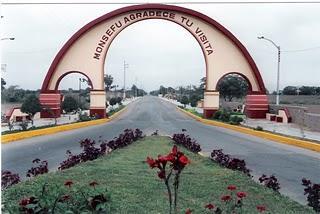 |
Monsefú Handicraft Market |
| 4,3 Km |
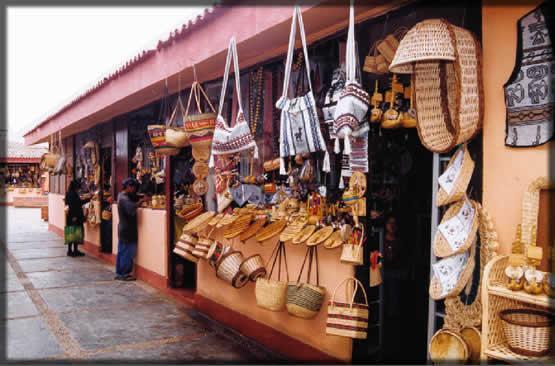 |
Complejo Arqueologico de Huaca Chotuna |
| 8,0 Km |
 |
Huaca Rajada Archaeological Complex (Lord of Sipán) |
| 11,9 Km |
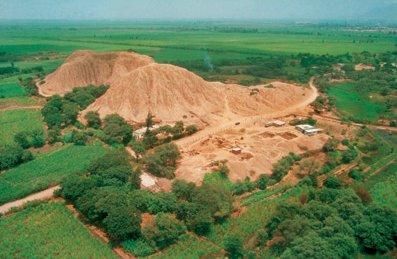 |
Chiclayo, the Friendship City (Peru) |
| 17,2 Km |
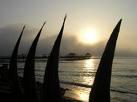 |
Chiclayo Main Square |
| 17,2 Km |
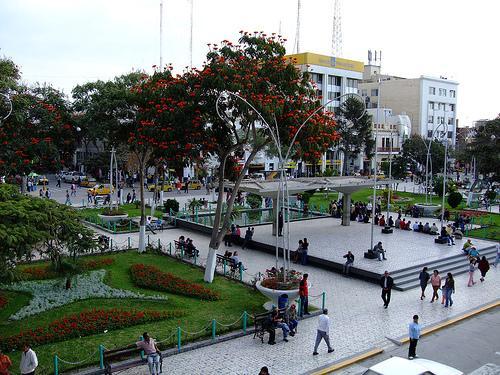 |
Chiclayo Cathedral |
| 17,2 Km |
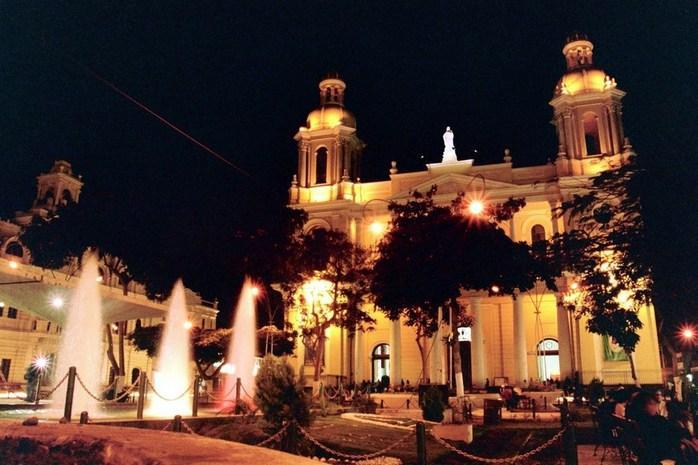 |
Chiclayo Municipal Palace |
| 17,4 Km |
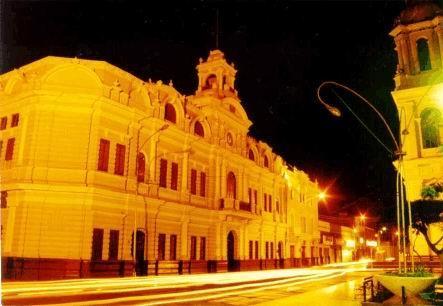 |
Hotel reservation near Eten City, the capital of the hat within a radius of 20 km
Why to book with
The best prices
Our partnerships with the world´s largest operators offer research on the best market prices.
More options
At Rotas Turisticos you can book the hotel, buy the air ticket, book the transfer from the airport to the hotel and vice versa, book the local excursions, rent the car, take travel insurance and consult the places to visit and where to go.
Holiday Tips & Destinations
Hundreds of holiday destinations with all the options that allow you to easily choose the destination that best suits your dream vacation.
Links


